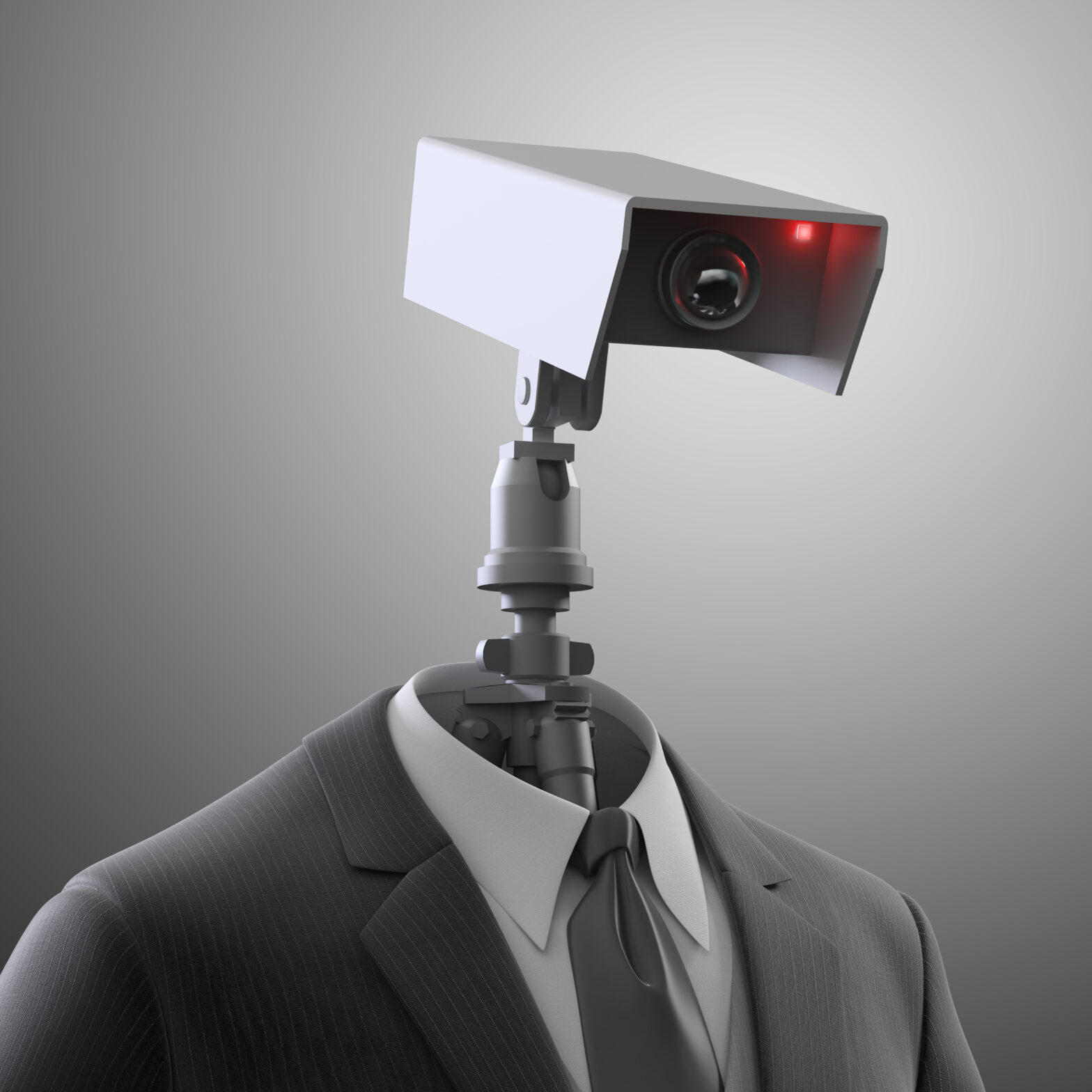Most experts and workers think of driverless cars and autonomous manufacturing lines when they think about automation. Some might even consider smart algorithms a threat to more service-oriented jobs like translation and accounting. However, the media rarely discusses automation in healthcare. So, is a robotic surgeon waiting for us in the near future?
Robots are getting better
Researchers at the Children’s National Medical Center in Washington recently tried to study the capabilities of current automation. They supervised an autonomous surgeon as it tried to stitch together a pig’s bowels. Not only did the bot complete the open surgery but it actually performed statistically better than most human surgeons.
Algorithms and bots are already being used to help people with their health problems. There’s probably an autonomous algorithm behind the platform that helps users answer simple medical questions like, “what does this symptom mean?” or, “what is ibogaine?” Artificial intelligence is also helping researchers come up with new medicines and treatments for common ailments.
So, using technology to improve health is not new. What is new is the capabilities that robots and AI now have. With better materials, sensors, and data-driven decision making techniques, bots can dramatically reduce the number of errors in these complex surgeries. There is no doubt that robot surgeons like the da Vinci Surgical System are already better than humans for most surgeries, and are likely to improve further in the near future.
However, this leaves the ethical questions about robotic surgeries unanswered.
The Ethical Dilemma
Similar to the ethical questions surrounding driverless cars, there are genuine concerns about automating a task with a human life at stake. Would people trust an autonomous machine to cut them open and perform safely? What happens if the bot makes a mistake?
Researchers believe that with more data and learning these robot surgeons will get much better over time. When the rate of errors reach lower than human levels, these bots could start taking over entire procedures. However, most surgeons currently prefer a robot-assisted surgery over a fully autonomous one.
Experts in the field believe that if robots could be improved to be much safer than human surgeons, the ethical dilemma would be reversed and people would be more likely to question their safety in human hands. Only time will tell if robotic surgeries are inevitable.







